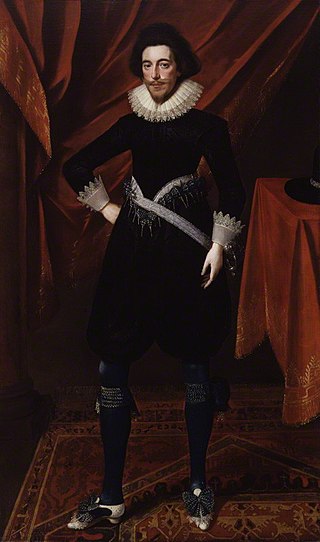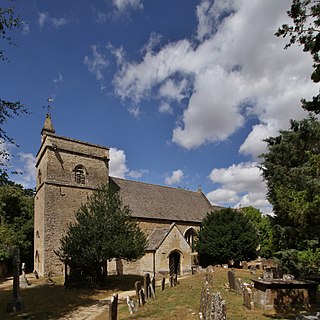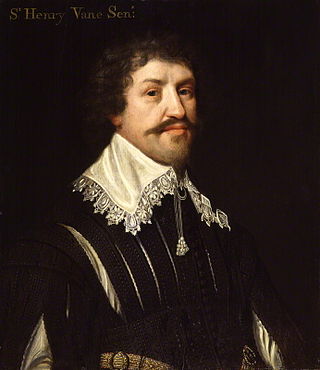Related Research Articles

The English Civil War was a series of civil wars and political machinations between Royalists and Parliamentarians in the Kingdom of England from 1642 to 1651. Part of the wider 1639 to 1653 Wars of the Three Kingdoms, the struggle consisted of the First English Civil War and the Second English Civil War. The Anglo-Scottish War of 1650 to 1652 is sometimes referred to as the Third English Civil War.

Robert Devereux, 3rd Earl of Essex, KB, PC was an English Parliamentarian and soldier during the first half of the 17th century. With the start of the Civil War in 1642, he became the first Captain-General and Chief Commander of the Parliamentarian army, also known as the Roundheads. However, he was unable and unwilling to score a decisive blow against the Royalist army of King Charles I. He was eventually overshadowed by the ascendancy of Oliver Cromwell and Thomas Fairfax, and resigned his commission in 1646.

Sir Charles Lucas, 1613 to 28 August 1648, was a professional soldier from Essex, who served as a Royalist cavalry leader during the Wars of the Three Kingdoms. Taken prisoner at the end of the First English Civil War in March 1646, he was released after swearing not to fight against Parliament again, an oath he broke when the Second English Civil War began in 1648. As a result, he was executed following his capture at the Siege of Colchester in August 1648, and became a Royalist martyr after the 1660 Stuart Restoration.

Sir Francis Windebank was an English politician who was Secretary of State under Charles I.

Sir John Urry, also known as Hurry, was a Scottish professional soldier who at various times during the Wars of the Three Kingdoms fought for Scots Covenanters, Engagers and Royalists, as well as both English Parliamentarians and Royalists. Captured at Carbisdale in April 1650, he was executed in Edinburgh on 29 May 1650.

Sir Edward Rossiter was an English landowner, soldier and politician from Lincolnshire. He fought with the Parliamentarian army in the Wars of the Three Kingdoms, and sat as an MP at various times between 1646 and 1660.

Thomas Wentworth, 1st Earl of Cleveland, was an English landowner and Royalist general during the Wars of the Three Kingdoms, described by one historian as a "much under-rated field commander". A distant relative of Thomas Wentworth, 1st Earl of Strafford, executed by Parliament in May 1641, his son Thomas Wentworth, 5th Baron Wentworth, also served in the Royalist army and predeceased him in March 1665.

Bletchingdon is a village and civil parish 2 miles (3 km) north of Kidlington and 6 miles (10 km) southwest of Bicester in Oxfordshire, England. Bletchingdon parish includes the hamlet of Enslow just over 1 mile (1.6 km) west of the village. The 2011 Census recorded the parish's population as 910.
Windebank may refer to:

James Compton, 3rd Earl of Northampton FRS, was an English peer, politician and author, who fought for the Royalists during the First English Civil War.
Events from the year 1646 in England. This is the fifth and last year of the First English Civil War, fought between Roundheads (Parliamentarians) and Cavaliers.

The Battle of Weymouth and the associated Crabchurch Conspiracy occurred in 1645, during the First English Civil War, when several royalist plotters within the twin towns of Weymouth and Melcombe on the Dorset coast conspired to deliver the ports back into the control of King Charles I.

Sir Henry Vane, known as the Elder to distinguish him from his son, was an English politician who sat in the House of Commons at various times between 1614 and 1654. He served King Charles in many posts including secretary of state, but on the outbreak of the English Civil War joined the Parliamentary cause. He was the third cousin of Francis Fane, 1st Earl of Westmorland.
The Windebank Baronetcy of Haines Hill in Berkshire, was a title in the Baronetage of England. It was created on 25 November 1645 for Thomas Windebank, Member of Parliament for Wootton Bassett and Clerk of the Signet. He was the eldest son of Sir Francis Windebank, Secretary of State under Charles I. The title became extinct on the death of the second Baronet in 1719.

Dead Man's Walk is a footpath running east–west in central Oxford, England, situated immediately to the south of Merton College and just outside the old city wall, with Corpus Christi College at the western end. To the north, Grove Walk connects with Merton Street through a gateway. Immediately to the south is Merton Field with Merton Walk connecting to the wide tree-lined Broad Walk, which runs parallel with Dead Man's Walk. Beyond that is Christ Church Meadow.
Sir Edward Rodes, also called Edward Rhodes, of Great Houghton, Yorkshire, served as High Sheriff of Yorkshire and colonel of horse under Cromwell; he was also a member of Cromwell's privy council, sheriff of Perthshire, and represented Perth in the parliaments of 1656–8 and 1659–1660. Sir Edward's sister Elizabeth was third wife and widow of Thomas Wentworth, 1st Earl of Strafford.

Burford Priory is a Grade I listed country house and former priory at Burford in West Oxfordshire, England owned by Elisabeth Murdoch, daughter of Rupert Murdoch, together with Matthew Freud.

Guilford Slingsby (1610–1643) was a member of the Yorkshire gentry who was confidential secretary to Thomas Wentworth, 1st Earl of Strafford, and present during the trial which ended in his execution in April 1641.
Sir Thomas Windebank, 1st Baronet was Member of Parliament (M.P.) for Wootton Bassett and supported the Royalist cause in the English Civil War. He was Clerk of the Signet from 1641 until 1645 and again from 1660 to 1674.
John Windebank (1618–1704) a doctor of medicine who was admitted an honorary fellow of the Royal College of Physicians in 1680 and was buried in Westminster Abbey.
References
- Attribution
 This article incorporates text from a publication now in the public domain : Pollard, Albert Frederick (1900). "Windebank, Francis". In Lee, Sidney (ed.). Dictionary of National Biography . Vol. 62. London: Smith, Elder & Co. pp. 162–166. Endnotes:
This article incorporates text from a publication now in the public domain : Pollard, Albert Frederick (1900). "Windebank, Francis". In Lee, Sidney (ed.). Dictionary of National Biography . Vol. 62. London: Smith, Elder & Co. pp. 162–166. Endnotes: - Carte, Original Letters, i. 84
- Dodd, iii. 59
- Notes and Queries, 8th ser. i. 150
- Cal. State Papers, Dom. 1661–2, p. 631